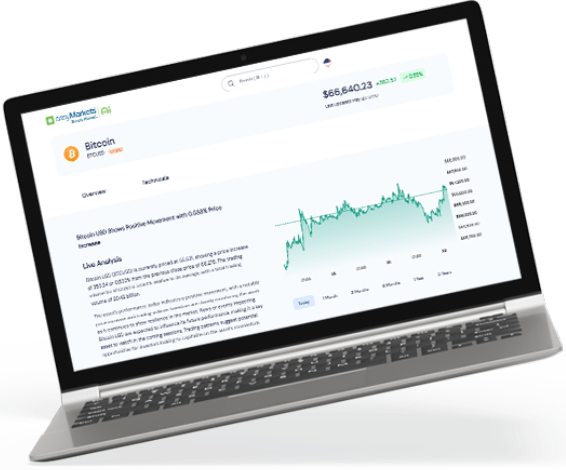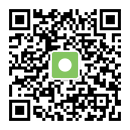Use Bollinger Bands® to Determine Overbought/Oversold Level
One of the most popular sayings in the world of trading and technical analysis is that “the trend is your friend.” However, things start to go awry when the trend becomes your enemy. To discover a change in the trend when the market is overbought or oversold, a secret weapon that you have is the Bollinger Bands®.
This concept was developed and introduced by John Bollinger and is one of the most popular technical indicators in any financial market, whether investors are trading in stocks, bonds or foreign exchange (FX).
They help investors to identify whether a price is relatively high or low, as compared to the recent average, and predicts when it may rise or fall in the future. This eventually may allow traders to decide whether to buy or sell an asset.
How Do Bollinger Bands® Work?
These are volatility bands placed below and above a moving average. Since volatility is determined by measuring the standard deviation, it changes with an increase or decrease in value of the asset.
These bands automatically widen whenever there is an increase in volatility and narrow with a decrease. They can also be used on different securities with standard settings due to their dynamic nature. For signals, Bollinger Bands® can be used to determine M-Tops and W-Bottoms or to identify the strength of a trend.
Usually, they consist of two bands. The middle band is a simple moving average that is set at 20 periods. A simple moving average is used here because the standard deviation formula also uses it. The look-back period for the standard deviation is the same as for the simple moving average.
On the other hand, the outer band is set 2 standard deviations above and below the middle band. These settings can be changed according to the particular securities or trading style. However, it is advisable to keep the adjustments as low as possible.

How to Determine Overbought and Oversold Level?
Bollinger Bands® are most useful in determining overbought and oversold levels.
Here’s how:
Overbought
An asset is considered overbought when it is trading at a relatively high price. It can be identified using Bollinger Bands® when the price reaches the upper band. The chances of the price going further up are very low, so traders might look to sell the asset with the expectation that the price may fall towards the central moving average band.

Oversold
This is exactly the opposite of the overbought position and can be defined as a situation where the price of the asset reaches the lower band. In this case, the price of the asset is relatively low and is considered oversold. At this point, traders might buy the asset, with an expectation of making a profit when the value reaches the middle band.
In both these situations, there is no guarantee that the prices will reverse just because they are too low or too high, and you might get stuck with one wrong move. For further confirmation, it is useful to look at candlestick patterns and other indicators.















